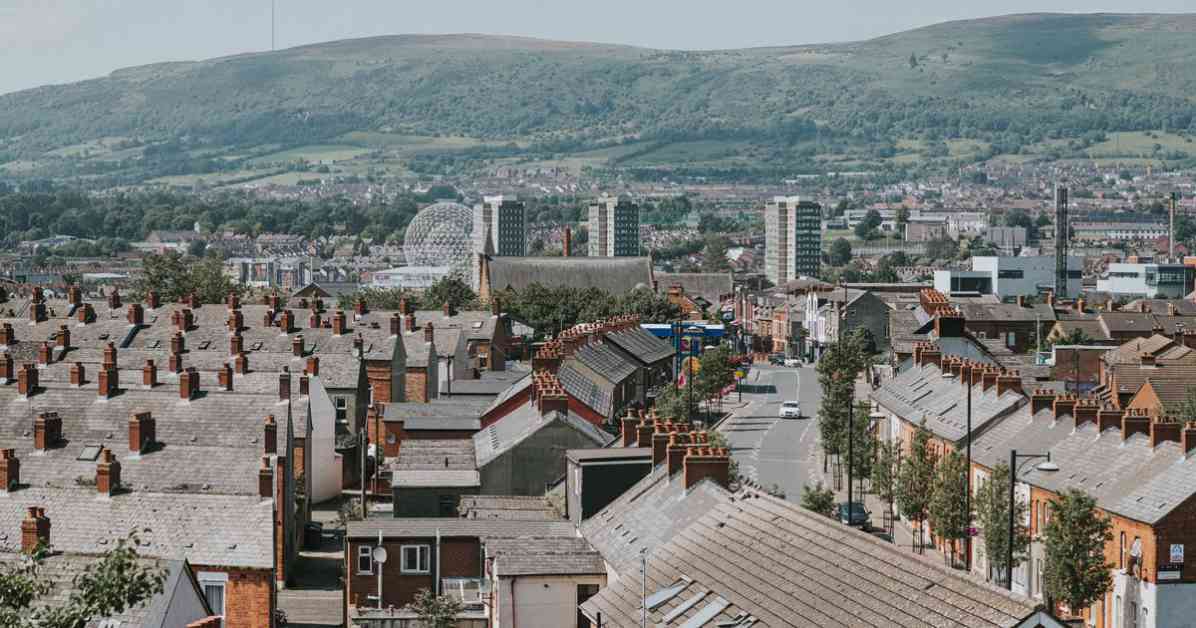In recent weeks, Northern Ireland has seen a rise in racially motivated attacks and disorder following an anti-immigration protest in Belfast. This has led to businesses owned by migrants being attacked, mosques being vandalized, and many people living in fear. Much of this unrest has been fueled by misinformation and disinformation about immigrants, minorities, and asylum seekers in Northern Ireland.
Despite the misconceptions about “uncontrolled immigration,” Northern Ireland actually has low rates of immigration. The most recent data from 2022 shows that there was a net migration of 2,300 people to Northern Ireland. The population of Northern Ireland remains predominantly white (97%), born in the UK or Ireland, and Christian, according to the 2021 census.
As for asylum seekers, these are individuals who have been forced to leave their country due to war, persecution, or natural disasters. Data from the Home Office indicates that there were 2,248 asylum seekers receiving support in Northern Ireland as of March 31, 2024. The Home Office covers the cost of support for asylum seekers until their asylum claims are approved.
When asylum seekers arrive in the UK, they are provided with accommodation, which could be in various forms, such as flats, houses, hostels, or B&Bs. Currently, around 300 asylum seekers in Northern Ireland are being housed in hotels by the Mears Group, a government-contracted organization.
While awaiting a decision on their asylum claims, asylum seekers receive financial support of £49.18 per week for essentials like food, clothing, and toiletries. They are not allowed to work during this period, but after waiting for more than 12 months, they can request permission to work.
In terms of housing, asylum seekers cannot choose where they live. Once they are granted refugee status, they no longer receive accommodation from the Home Office and may need to seek housing through the Housing Executive. Additionally, if they apply for social housing, they are assessed and placed on the social housing waiting list, which currently has over 47,000 applicants in Northern Ireland.
Overall, it is crucial to understand the facts and statistics surrounding immigration, asylum seekers, and housing in Northern Ireland to dispel misconceptions and promote accurate information in the community. By providing support and resources to those in need, we can create a more inclusive and welcoming environment for all residents.




